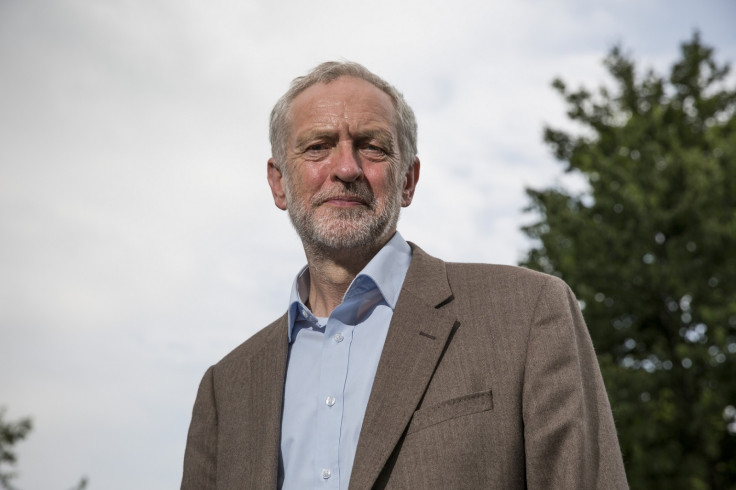Corbyn attracts strong support from local parties as Labour front-runner set to address TUC rally in Liverpool

Jeremy Corbyn is set to address a large trade union audience in Liverpool on the evening of 1 August as he continues to set the pace in the race to become the next Labour leader at what is becoming a pivotal moment for British politics in this century.
Corbyn is appearing at the Merseyside County TUC rally at the Adelphi Hotel and local interest is high. Alec McFadden, president of Merseyside TUC, said demand from people planning to attend meant they will be opening the doors an hour before the meeting starts at 7pm.
Corbyn appears to have widespread support among local party groups. By the close of nominations on 31 July he had received endorsements from 152 local groups, a long way ahead of Andy Burnham in second place with 111.
The endorsements do not count towards the final result, due on September 12th, but they are a strong indication of how party members may vote.
This is important because the leader will be elected using a "One Member One Vote" (OMOV) ballot. Candidates will be voted for members, and by registered and affiliated supporters – with each having one vote.
Registered and affiliated supporters do not have to be fully fledged members of the party, but still receive a vote in the leadership elections.
Affiliated supporters belong to affiliated organisations, which include trade unions and socialist societies. Meanwhile Labour supporters who are on the UK electoral register can sign up as registered supporters.
OMOV was introduced as a result of the Collins Report's proposals for reform in 2014. It was driven by the Falkirk row, when the union Unite was accused of rigging the selection, and also by a perception of a longer term need to reform Labour's complicated relationship with the trade unions.
Obviously, many voters on 12 September will be members of local parties. Moreover, large numbers of new registered supporters and new members are believed to be likely to vote for Corbyn.
The fee for becoming a registered supporter is only £3 and anyone is eligible. The party says that so far 27,000 people have signed up as registered supporters to date. Meanwhile, Labour party membership has increased by more than 60,000 since the election.
According to estimates from the House of Commons Library in September 2014 the Labour party had 190,000 members.
At 23 June, Labour List stated that 259,000 people would be eligible to vote, split between 246,000 members, 9,000 registered supporters and 4,000 affiliated supporters.
Corbyn appears likely to receive a high proportion of the 90,000 new members and supporters.
The voting preferences of members and supporters of longer standing are less easy to predict, though - again - yesterday's nominations indicate strong support for Corbyn.
The election itself will use the Alternative Vote (AV) system.
This means voters can rank candidates in order of preference. The voter puts a '1' by their first choice a '2' by their second choice, and so on, until they no longer wish to express any further preferences or run out of candidates. Candidates are elected outright if they gain more than half of the first preference votes. If not, the candidate who lost (the one with least first preferences) is eliminated and their votes are redistributed according to the second (or next available) preference marked on the ballot paper. This process continues until one candidate has half of the votes and is elected.
Under this system, if an outright winner did not gain half the first preference votes, Corbyn may be well placed on the second round, if large numbers of voters favour a left wing candidate as their second choice.
© Copyright IBTimes 2025. All rights reserved.





















